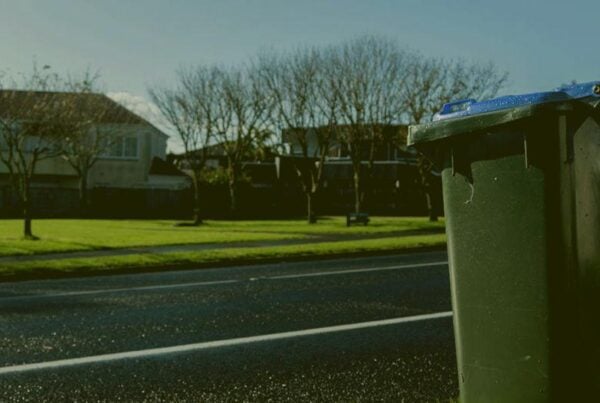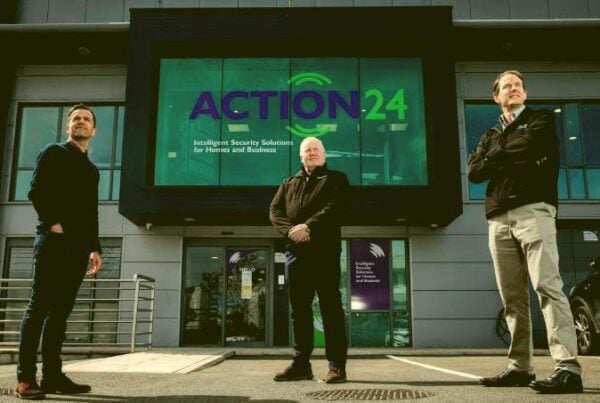- Kitro’s smart food bin records everything that’s thrown into it.
- The camera and AI system provides a detailed picture of waste that owners can act on.
- It could cut food waste by 40%, according to its makers.
- It will be in action at the World Economic Forum Annual Meeting in Davos.
If you want to improve something you have to be able to measure it. That’s as true for elite athletes as it is for the challenge of reducing food waste. One-third of all the food produced ends up in a bin somewhere as waste, according to the UN Food and Agriculture Organization. But which third? And which bin? And why?

Comparison of food losses and waste in different regions Image: Food and Agriculture Organization of the United Nations
Getting to the bottom of such questions can help tackle the issue. Now a Swiss tech start-up is helping food services and hospitality companies do just that.
Kitro was set up by Anastasia Hofmann and Naomi MacKenzie while studying at a hospitality management school. Their idea was simple. Hotels spend a lot of their time serving food to hungry guests, a lot of which goes to waste; understanding what wasn’t being eaten could help cut down on wasted food and expenditure.
To do this, Kitro equips food trash cans with a camera that photographs all the waste that is thrown away. Every time something is added, it weighs the bin and takes a photo. Using artificial intelligence, it can determine the quantities and proportions of different types of food waste over a set period of time.
Documenting waste in this graphic way can lead to savings in excess of $100,000 per year, according to Kitro, and reduce food waste by as much as 40%. Jean-Vital Domezon, General Manager of the Hotel D’Angleterre in Geneva, describes how the AI system helped identify a number of unwanted tomatoes.
“In the morning at breakfast, when you receive your scrambled eggs, there was a cherry tomato that decorated the plate. But then we realized, thanks to Kitro, that no one ate the cherry tomato,” he explains.
“So what’s the point of putting it on the plate if no one eats it? Now, we simply take care of how a dish is presented, simply without the tomato. At the end of the month, it’s a few kilos of tomatoes that, instead of ending up in the bin and compost, can be reused or not purchased, resulting in less food waste.”
On show at Davos 2020
Kitro already counts several hotels and food businesses among its clients. Now it will be in use and on display at one of the year’s most high-profile events: the World Economic Forum Annual Meeting in Davos.
The Forum takes its environmental responsibilities seriously, having received ISO 20121 certification for sustainable event management for the Davos meeting in January 2018. In recent years, 50% of all meals served in the Davos Congress Centre have been vegetarian – red meat has accounted for just 20% of animal fibres integrated into the meals, and 70% of all ingredients have been locally sourced.
At 2020’s Annual Meeting, there will be a special focus on alternative proteins. This includes a “Future Food Wednesday” event, with Nestlé providing meat-alternatives on the day. And the Kitro system will be used at eight locations in the Congress Centre, Media Village and Registration, capturing food waste data from all locations where food is prepared or served.
This will give the Forum detailed insight into the types, weight, costs and sources of food waste, and enable data-driven decision making to reduce avoidable waste.
Source: www.weforum.org




